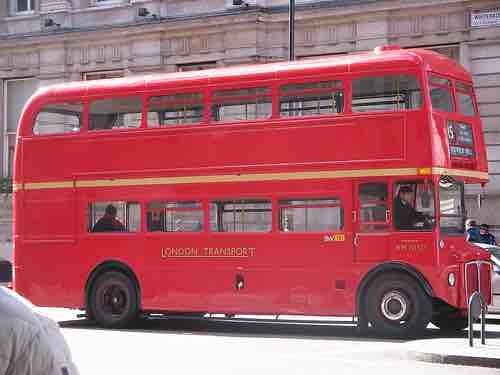Introduction
We've been using the word "price" a lot. There are, however, other terms you may come across in your studies and daily life that serve as synonyms.
Price Point
The price of an item is also called the price point, especially where it refers to stores that set a limited number of price points.
For example, Dollar General is a general store or "five and dime" store that sets price points only at even amounts, such as exactly one, two, three, five, or ten dollars (among others). Other stores will have a policy of setting most of their prices ending in 99 cents or pence. Other stores (such as dollar stores, pound stores, euro stores, 100-yen stores, and so forth) only have a single price point ($1, £1, 1€, ¥100), though in some cases this price may purchase more than one of some very small items. Price is relatively less than the cost price.
Charge
When someone wants to know the price of a service, they may ask, "How much do you charge? " In this context, the word "charge" is a synonym for price.
Value
From a customer's point of view, value is the sole justification for price. Many times customers lack an understanding of the cost of materials and other costs that go into the making of a product. But those customers can understand what that product does for them in the way of providing value. It is on this basis that customers make decisions about the purchase of a product.
Fee
Service providers may present you with a fee list as opposed to a price tag if you ask for the price of their services.
Fare
You pay a price to fly, ride the bus and take the train. The price in these industries is expressed as a fare .

A London Bus
The price to ride a bus is expressed by the term "fare. "